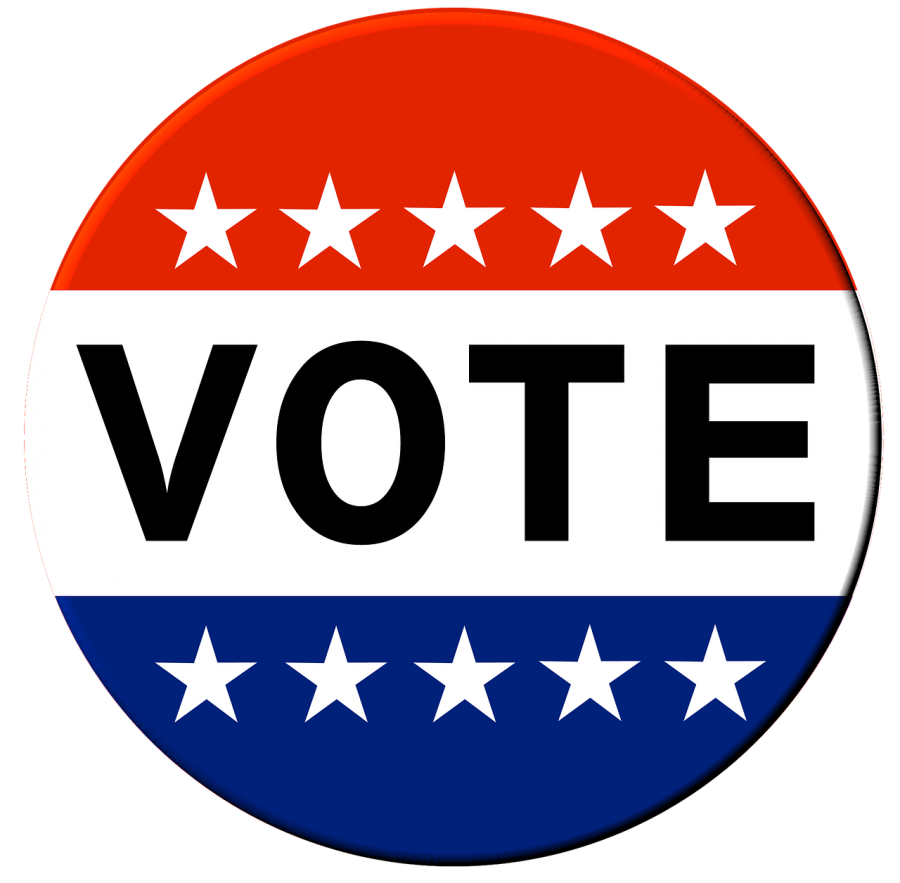Ballot box dilemma: Why teens should vote
“Your vote counts,” repeat hun-
dreds of Americans every year, treat-
ing democracy like a children’s nurs-
ery rhyme. Decade after decade, this
advice has flown over the heads of
teenagers. This minimized regard for
civil participation is the reason why
teens and young adults have remained
the demographic with the worst voter
turnout relative to other age groups.
Teens don’t vote because they may
feel their vote doesn’t count. While a
singular ballot may feel insignificant
in the scheme of an entire election, the
need to vote lies in our ability to ex-
ercise such right. Voting on all levels
of government is uniquely an Ameri-
can privilege, a privilege that most of
the world is denied. Yet in the hands
of many teens, this invaluable privilege
seems to be viewed as a chore.
Voting is the cornerstone of a demo-
cratic system to represent the voice of
the majority. That voice, however, can-
not be voluntarily relinquished to the
interests of older individuals. If the
internet has proven anything, it’s the
interconnectedness of teenage voices.
In just a few presidential elections, our
age group will be the majority voter
base. It is necessary that we start to dic-
tate our generational ideals early on, so
that change can be made by that point.
Social media could be hailed as the
hero and the villain of teen participation
in the political world. At its best, social
media is an important source of infor-
mation made available by the touch of
a screen. However, this becomes harm-
ful when teens take stances on issues
they learn about at surface value, or
when the absorbed information is fake
news altogether. While a vital source to
obtain information, young people must
read the news they come across on so-
cial media with a critical eye.
The country saw an increase in teen
and young adult voter turnout during
the 2020 presidential election. Accord-
ing to tufts.edu, the 18-29 year old de-
mographic jumped from 39 percent in
the 2016 election to about 50 percent in
2020. Last year was arguably the most
polarized election to date and voters
often felt obligated to stand for party
allegiances. However, in milder elec-
tions, voter turnout sharply declines.
It’s necessary that 2020 does not serve
as a historical peak, but rather a new
standard for teens’ voices to be heard
in government.
A low voter turnout risks electing
individuals who do not represent the
majoritarian interests of their con-
stituents, a fact especially relevant to
Midterm Elections. As the makeup of
Congress largely determines what leg-
islation will be reviewed and passed
into law, teens must start voting on leg-
islative issues that affect themselves
and the entire country.
In 2020, attempts at voter disenfran-
chisement proved just how much a sin-
gle vote matters: multiple electorates
won by a margin of several hundred
votes. In local elections, those races
are even tighter. Teens, therefore, have
the potential to majorly affect politics
at all levels of government. Every little
increase in teen voter turnout has a
massive impact.
Local politics are where one vote
can often have the most impact. These
governments focus on topics of signifi-
cance to where the voter lives, but also
have the ability to instigate change at
the state, and ultimately, national level.
With the local and gubernatorial elec-
tions on Nov. 2, we urge teens and
young adults to educate themselves
and begin to take part in the democratic
process every single year.

